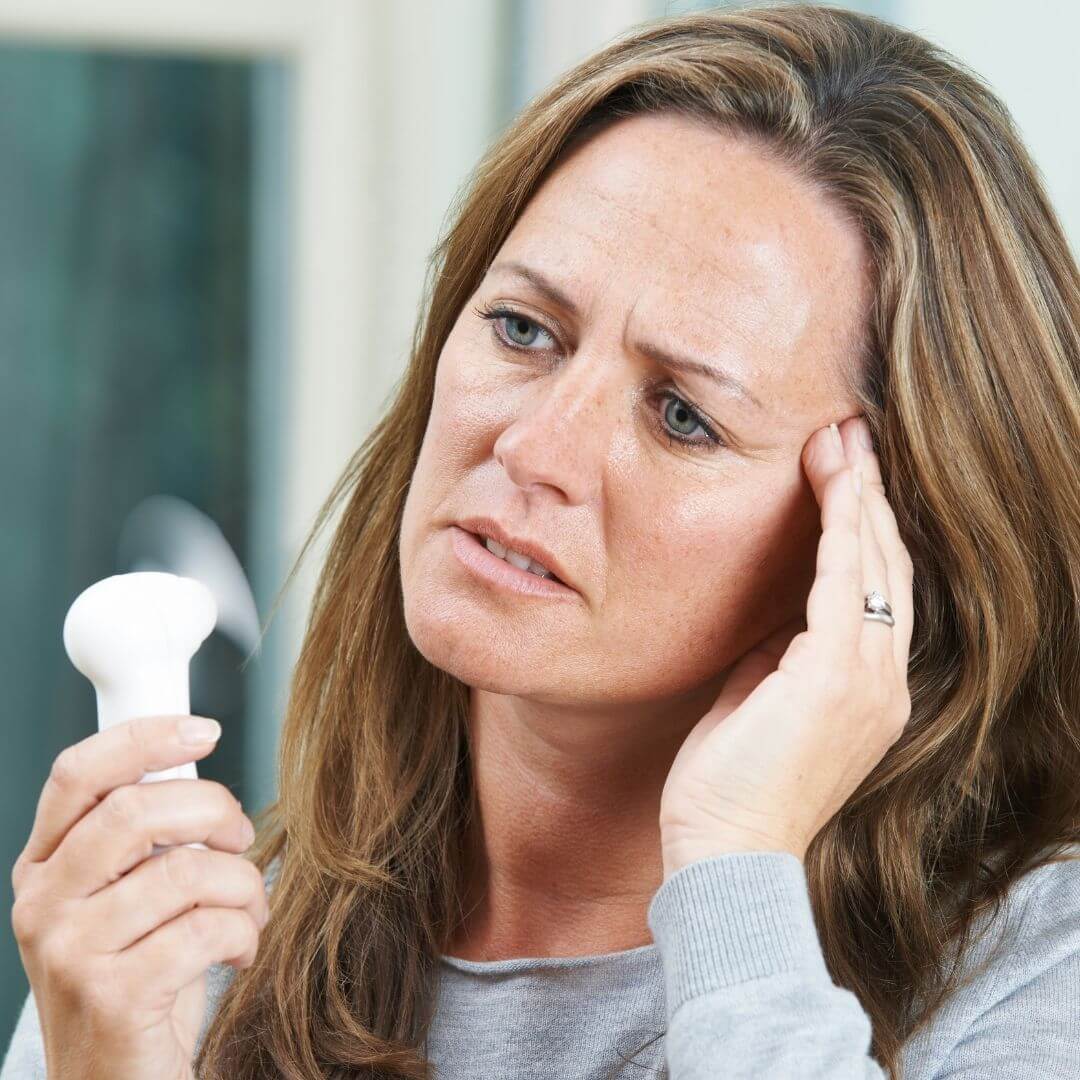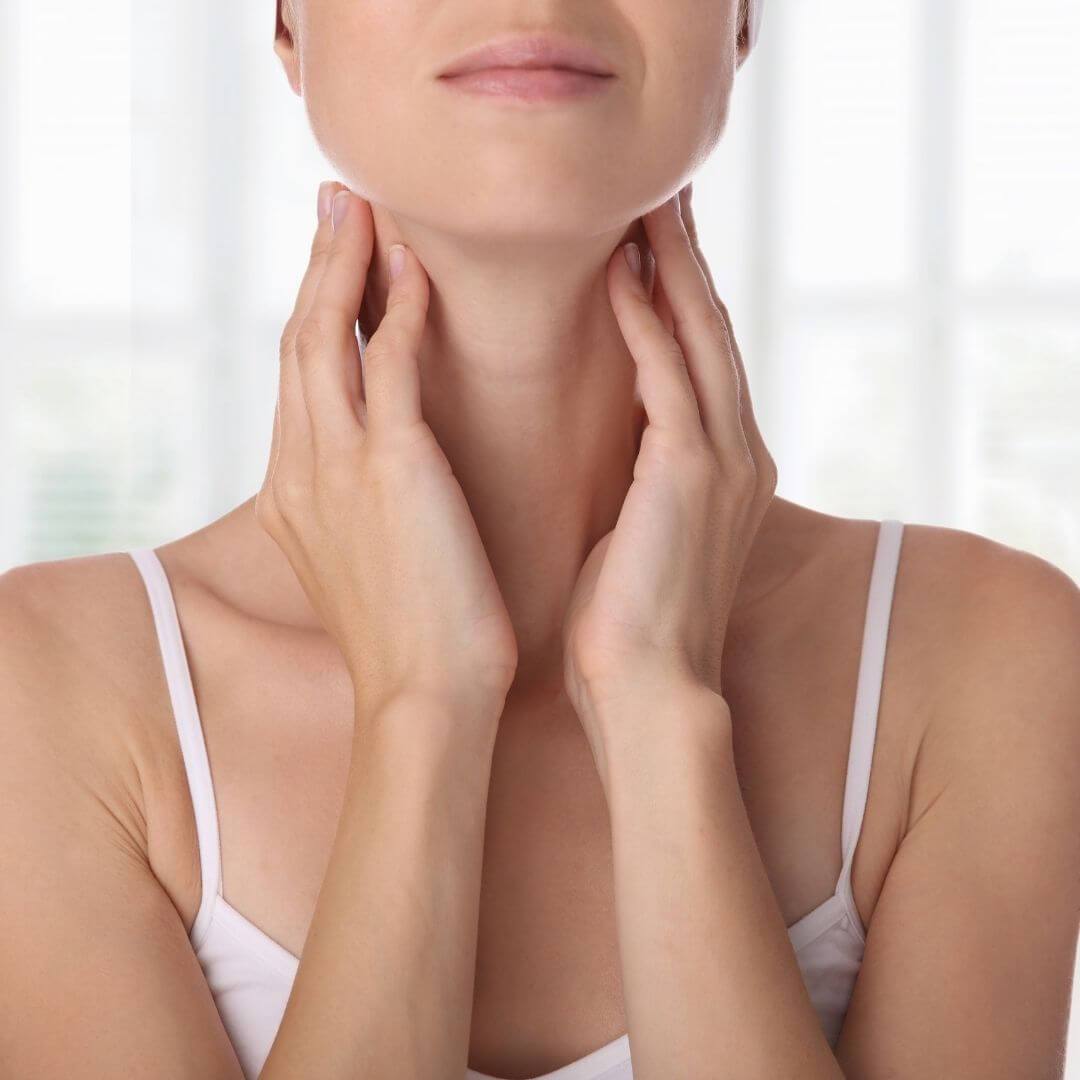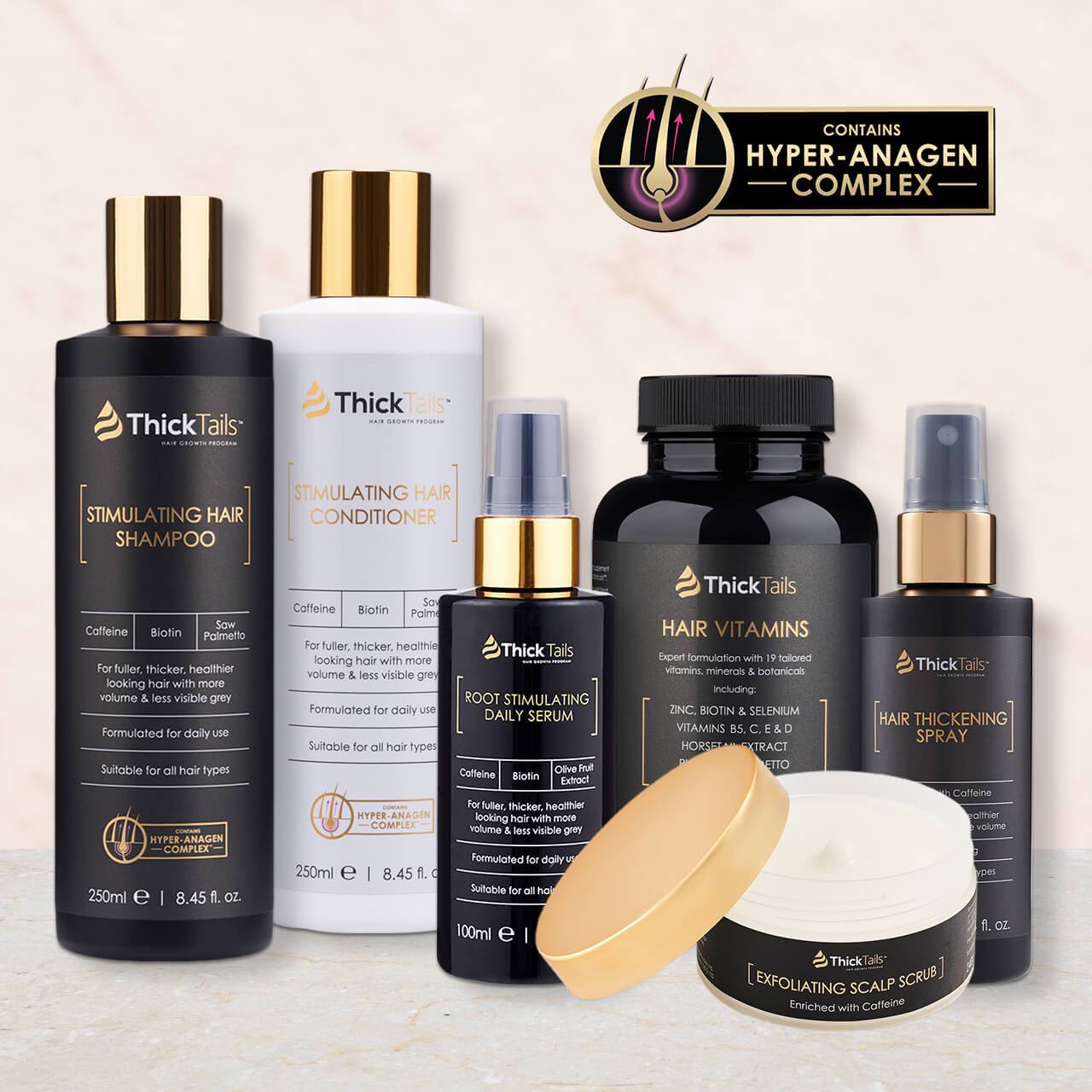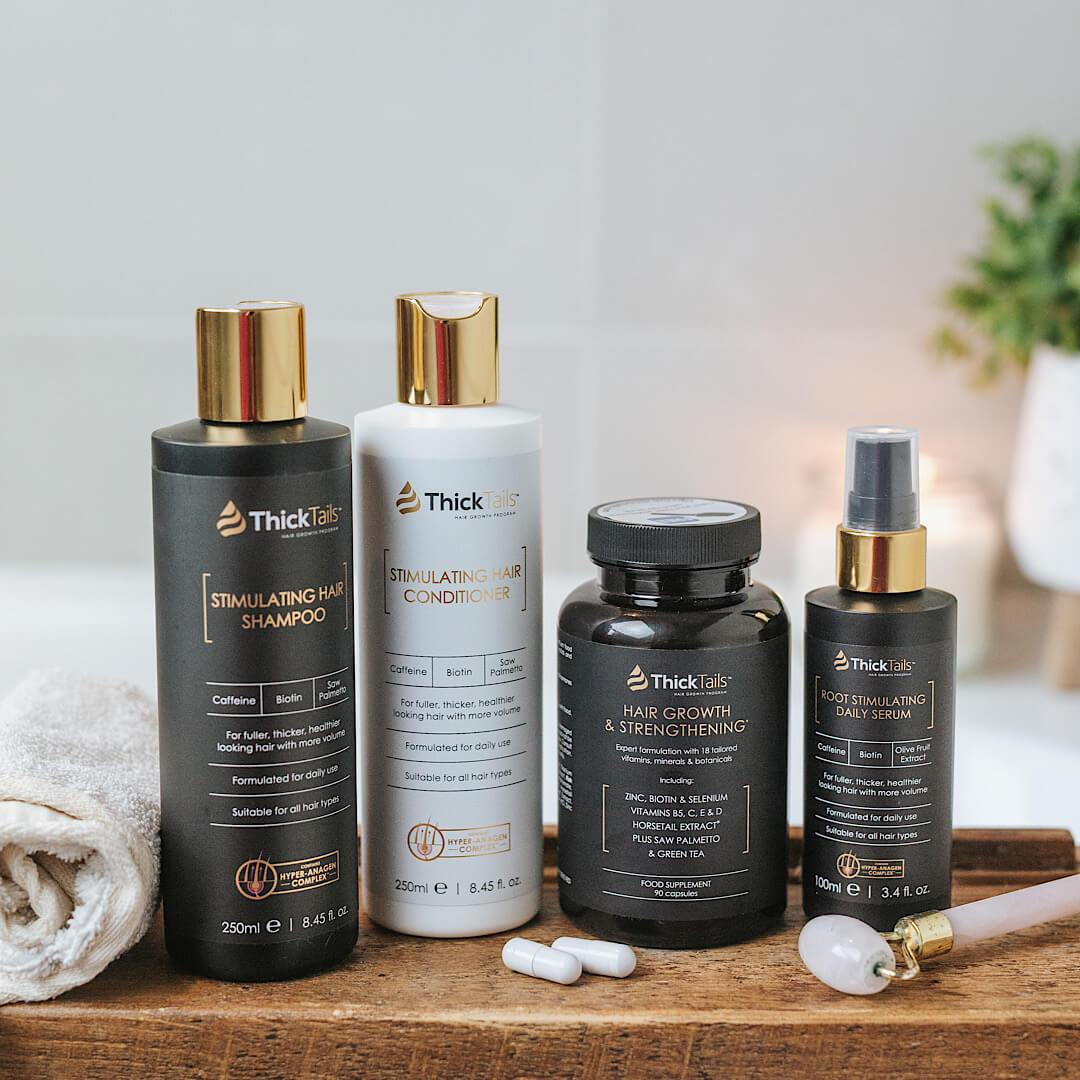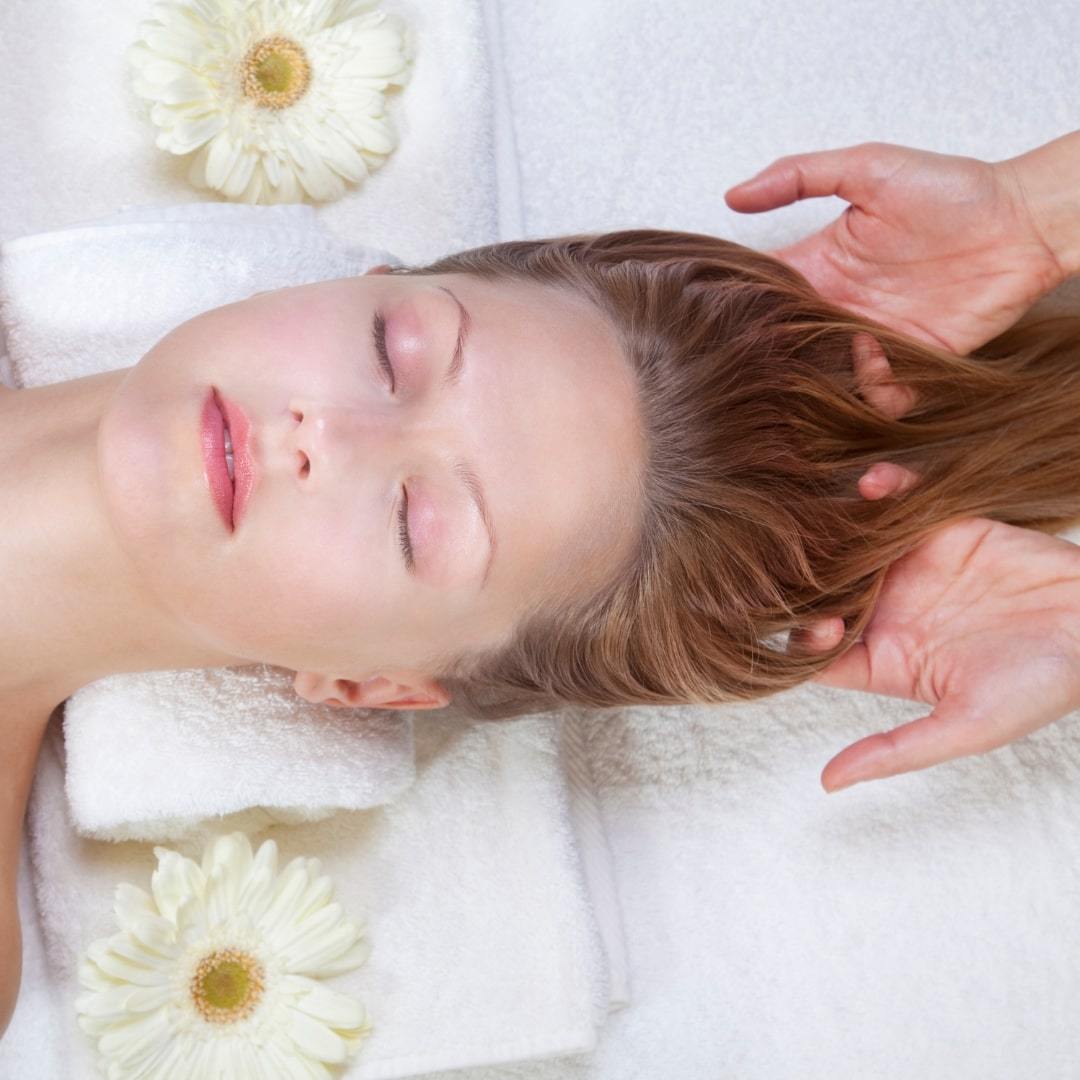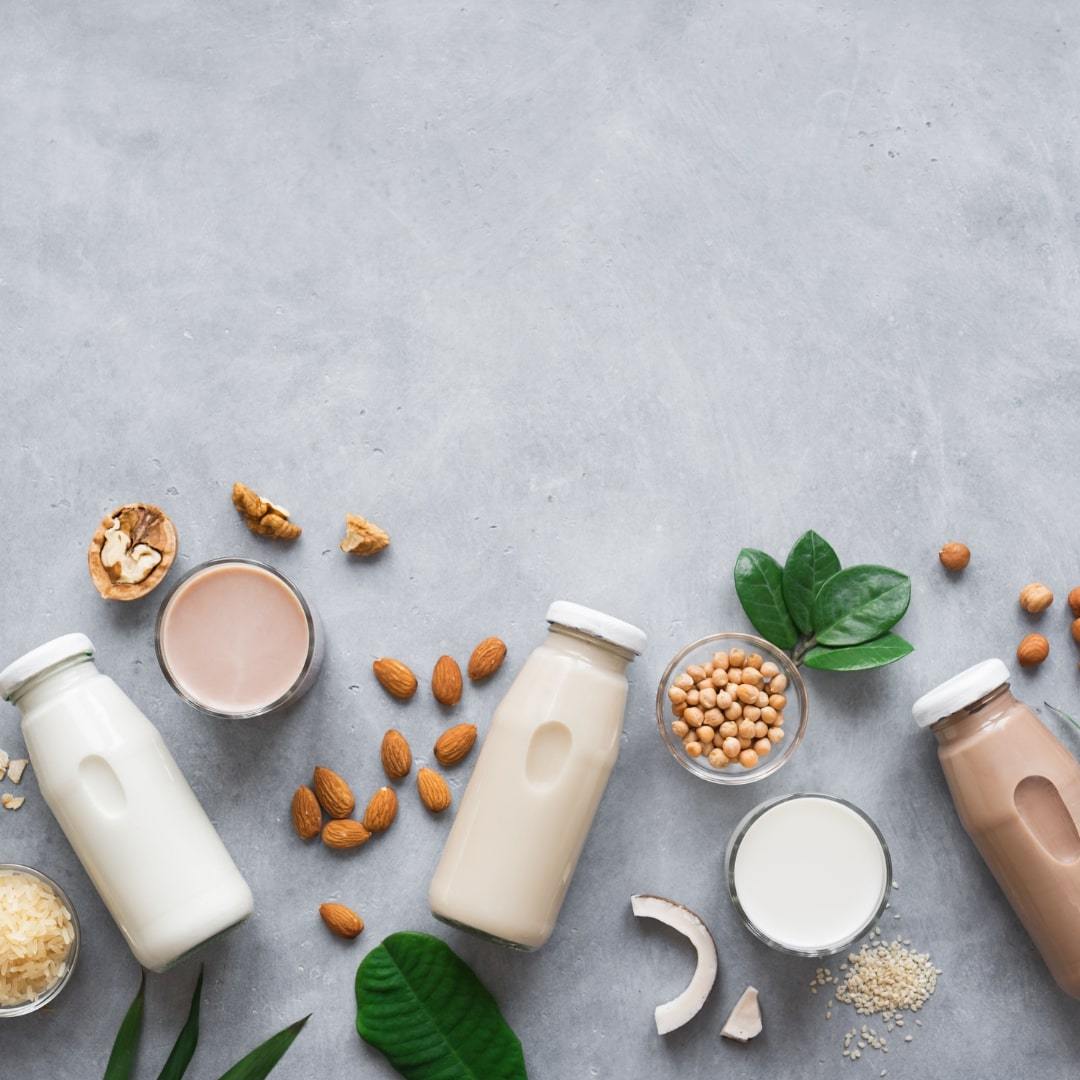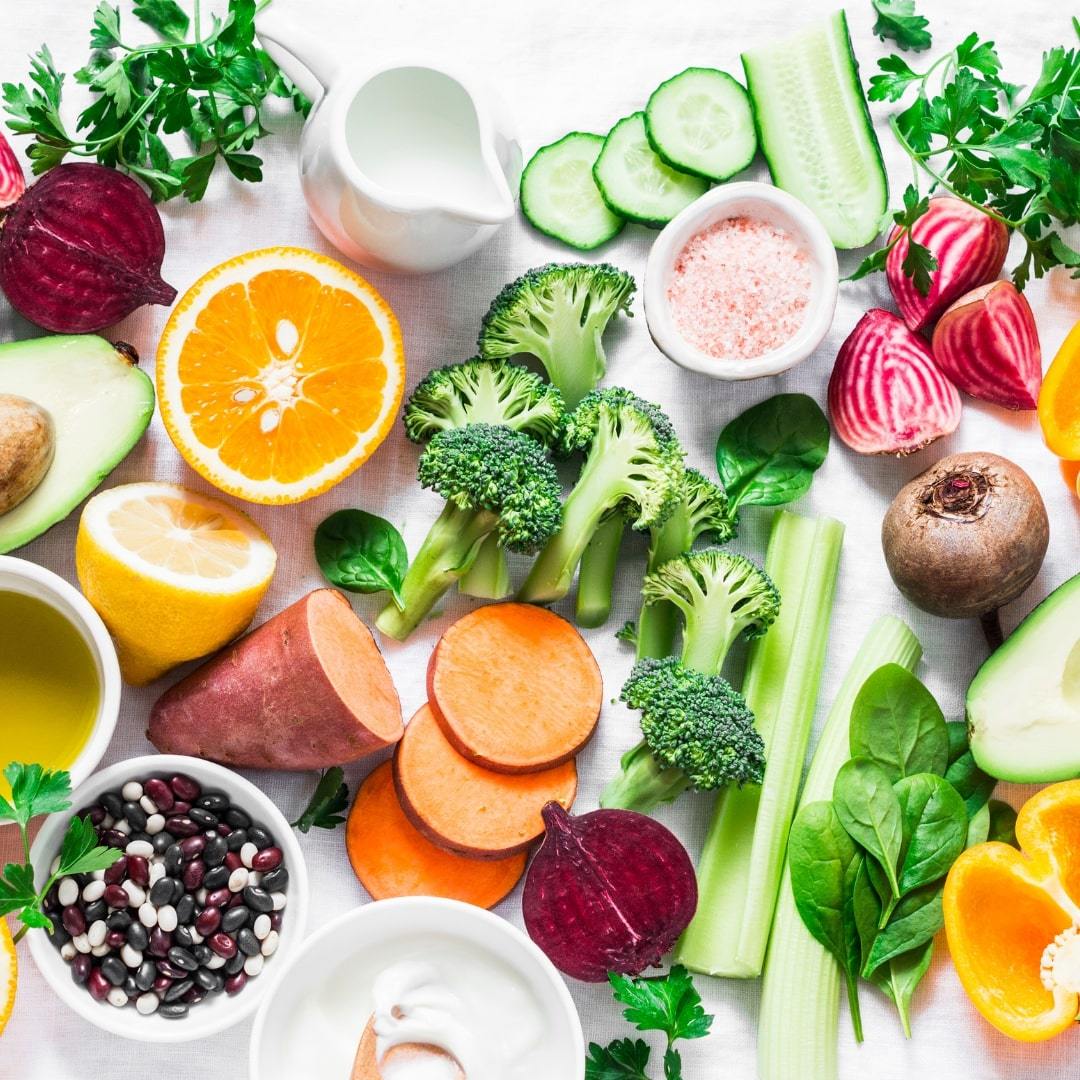As men, our hair is an important part of our identity. It can convey confidence, youthfulness and style. However, with each passing year, it becomes increasingly common to see strands of hair go missing in the shower or on your pillow. Not only that, but you may also find yourself constantly dealing with pesky flakes of dandruff on your shoulders. Hair loss and dandruff are two issues that often go hand in hand for many men, causing frustration and self-consciousness. But fear not! In this blog post, we will explore natural ways to combat both these problems without breaking the bank or resorting to harsh chemicals. Keep reading to learn how you can maintain a healthy head of hair and regain your confidence through simple yet effective solutions.
I. Understanding Dandruff and Its Impact on Hair Health

Dandruff is a condition that plagues many individuals, but what exactly is it and how does it affect hair health? Dandruff is a common scalp disorder characterized by flakes of dead skin that can be itchy, irritating, and sometimes embarrassing. This condition affects both men and women, but it is known to be more prevalent in men. One of the most significant impacts of dandruff on hair health is hair loss. The constant scratching and irritation caused by dandruff can cause weakened hair follicles, leading to breakage and hair loss. It is essential to understand the root cause of dandruff and seek treatment to prevent further damage to hair health.
A. What Causes Dandruff: Exploring Common TriggersDandruff is a common scalp condition that affects millions of people worldwide. It is caused by the shedding of dead skin cells from the scalp, which can lead to embarrassing itching and flakes. While the exact cause of dandruff is unknown, there are several common triggers that have been identified. One major factor is hair loss, which can lead to an imbalance in the scalp's natural oils. Other possible triggers include poor hygiene, stress, hormonal changes, and certain medical conditions. By understanding these common triggers, it is possible to take steps to minimize their impact on your scalp health and prevent dandruff from becoming a chronic problem.
B. The Relationship Between Dandruff and Hair Loss
The occurrence of dandruff can be quite worrying, especially when it is accompanied by hair fall. Many people tend to panic when they notice flakes on their scalp because they associate it with hair loss. However, it is essential to understand that dandruff does not directly cause hair fall. Instead, it is the underlying skin condition that triggers the hair fall. Dandruff can cause irritation to the scalp, resulting in inflammation, which weakens the hair follicles. The weakened hair follicles become prone to damage, and as a result, the hair may start falling out. Therefore, it is crucial to treat dandruff as soon as possible to prevent any further damage to the hair and scalp.
C. Identifying Symptoms of Dandruff and Hair Loss
For men, identifying symptoms of dandruff and hair loss can be a significant concern. Dandruff caused by the buildup of the scalp's natural oils and dead skin cells can lead to itchiness and unsightly flakes. While hair loss may be a result of genetics, it can also be caused by various factors such as stress, poor nutrition, and certain medical conditions. Knowing the signs of these issues can help men take preventative measures to maintain healthy scalp and hair. Seeking professional help from a dermatologist or hair specialist may also be necessary for proper diagnosis and treatment. Stay informed and proactive in caring for your scalp and hair to enjoy a confident and healthy head of hair.
II. Natural Remedies for Dandruff and Hair Loss
Dandruff and hair loss are two common hair problems that can be frustrating to deal with, but there are natural remedies available that can help. One way to combat dandruff is by using apple cider vinegar as a rinse. Its acidity helps restore the pH balance of the scalp, which can often be a root cause of dandruff. As for hair loss, incorporating essential oils such as lavender and rosemary into your hair care routine can help stimulate hair growth. It's important to note that while natural remedies can be effective, they may not work for everyone. It's also worth noting that choosing the right hair care products is crucial for maintaining healthy hair. By taking care of your hair in a natural and holistic way, you can achieve beautiful and healthy locks.
A. Tea Tree Oil: Its Antifungal Properties and Application
Tea tree oil has long been valued for its ability to fight fungal infections. Derived from the leaves of the Melaleuca alternifolia plant, this essential oil contains a compound called terpinen-4-ol that has been shown to have potent antifungal properties. Tea tree oil can be diluted in a carrier oil and applied topically to affected areas, such as the feet or toenails, to help clear up fungal infections. It is also frequently used in natural cleaning products as an alternative to harsh chemicals. As with all essential oils, it is important to use tea tree oil responsibly and according to recommended dilution ratios. With its numerous health benefits, tea tree oil is a valuable addition to any natural medicine cabinet.
B. Aloe Vera: Soothing the Scalp and Promoting Hair Growth
For men who experience hair loss, the search for a solution can often feel frustrating and exhausting. However, there may be a natural remedy hiding in plain sight - aloe vera. This succulent plant has been used for centuries to soothe skin irritations and promote healing, but it may also have benefits for the scalp and hair. Aloe vera contains enzymes that can help promote hair growth by unclogging hair follicles and stimulating blood flow to the scalp. Its anti-inflammatory properties may also help to reduce scalp irritation and dandruff, which can contribute to hair loss. While more research is needed to fully understand the effects of aloe vera on hair growth, incorporating it into your hair care routine may be worth a try for those seeking a natural solution.
C. Apple Cider Vinegar: Balancing pH Levels and Removing Buildup
For many men, maintaining proper hair health is a major concern, especially when it comes to dealing with unwanted issues like dandruff or hair loss. Thankfully, apple cider vinegar can be a great solution for men looking to balance their hair's pH levels and reduce the buildup that can contribute to these problems. This natural remedy helps to restore the scalp's natural acidity while removing excess oils and product buildup that can cause irritation and inflammation. Incorporating apple cider vinegar into your hair care routine can be as simple as mixing a bit of it into your current shampoo and conditioner or using it as a standalone rinse after washing your hair. With its many benefits for hair health and appearance, apple cider vinegar is definitely worth considering as part of any man's grooming routine.
III. Lifestyle Changes for Dandruff and Hair Loss Prevention

For many men, hair loss can be frustrating and even embarrassing. Fortunately, there are lifestyle changes that can help prevent this common issue. One method that has shown promise is incorporating a hair serum into your daily routine. This specialized product is designed to nourish and strengthen your hair, helping to prevent breakage and thinning. Of course, hair serum is just one aspect of a comprehensive approach to hair loss prevention. Other strategies include managing stress levels, exercising regularly, and eating a nutritious diet rich in vitamins and minerals. By making these lifestyle changes, men can help ensure that their hair stays healthy and strong for years to come.
A. Dietary Adjustments for a Healthy Scalp and Hair
Our hair and scalp have a close relationship, and maintaining both healthy is essential. One of the best ways to achieve a healthy scalp and hair is through dietary adjustments. While products like shampoo and conditioner, as well as serums, can help, a healthy diet is the foundation of good hair. Many different nutrients and minerals like biotin, iron, zinc, and vitamins A, C, and E, can be derived from a proper diet. It is important to note that men, in particular, may not be getting the necessary nutrients from their daily diet, which can lead to hair loss and a dry scalp. Increasing intake of dark, leafy greens, eggs, avocados, salmon, quinoa, and walnuts can help encourage healthy hair growth and a balanced scalp.
B. Stress Management Techniques to Reduce Dandruff and Hair Loss
Stress can have a significant impact on our lives, from affecting our mental well-being to our physical health. In fact, one of the most common physical symptoms of stress is dandruff and hair loss. While stress management techniques may not completely cure these conditions, they can certainly help reduce their severity. One approach is to implement relaxation techniques like meditation, deep breathing, or yoga to lower stress levels. Exercise is another effective technique that can release endorphins, reduce tension, and boost mood. Additionally, a healthy diet rich in vitamins and nutrients can strengthen hair and scalp health. Understanding the connection between stress and dandruff/hair loss and implementing stress management techniques will not only help us tackle these conditions but may also have an array of other positive effects on our overall well-being.
C. Hair Care Practices to Maintain Scalp Health and Minimize Dandruff
Hair loss can be a frustrating experience for both men and women, often leading to desperation in search of a solution. However, maintaining a healthy scalp is crucial in minimizing hair loss and dandruff. There are several hair care practices that can be incorporated into your daily routine to keep your scalp healthy. First, ensure you are using products that are gentle and free of harsh chemicals. Additionally, avoid over-washing your hair as this can strip the scalp of its natural oils. Instead, aim to wash every other day or every two days. When washing your hair, focus on massaging the scalp to improve blood flow and stimulate hair growth. Don't forget to brush your hair regularly to distribute natural oils evenly. These simple hair care practices can help to maintain scalp health and minimize dandruff while promoting hair growth and reducing hair loss.
In conclusion, dandruff may seem like a frustrating and embarrassing problem that affects our hair health, but it is a common issue that can be managed with the right knowledge and techniques. Through our exploration of the causes and triggers of dandruff, we have learned that it is not just a cosmetic concern, but can also contribute to hair loss. However, armed with the understanding of its symptoms, we can proactively identify and address dandruff before it becomes a bigger problem. As we discussed in our second point, natural remedies such as tea tree oil, aloe vera, and apple cider vinegar can effectively treat dandruff by targeting its root cause - fungus and pH imbalance. These ingredients not only combat dandruff but also nourish the scalp and promote healthy hair growth. Additionally, simple lifestyle changes including dietary adjustments, stress management techniques, and proper hair care practices can go a long way in preventing dandruff and maintaining overall scalp health. By making small changes in our habits and incorporating these natural remedies into our routine, we can achieve a healthier scalp and say goodbye to dandruff once and for all. Remember, our hair is an important part of our identity and taking care of it goes beyond just looking good - it's about feeling confident from within. So let's continue to educate ourselves on how to keep our scalp healthy for strong and beautiful locks!

